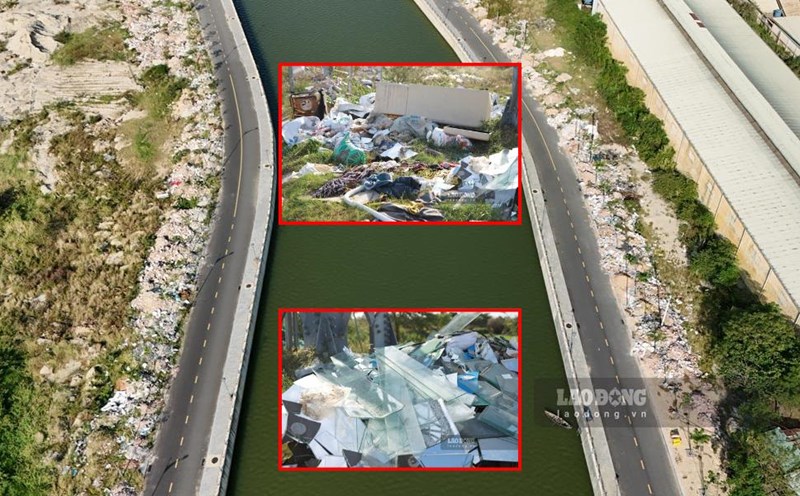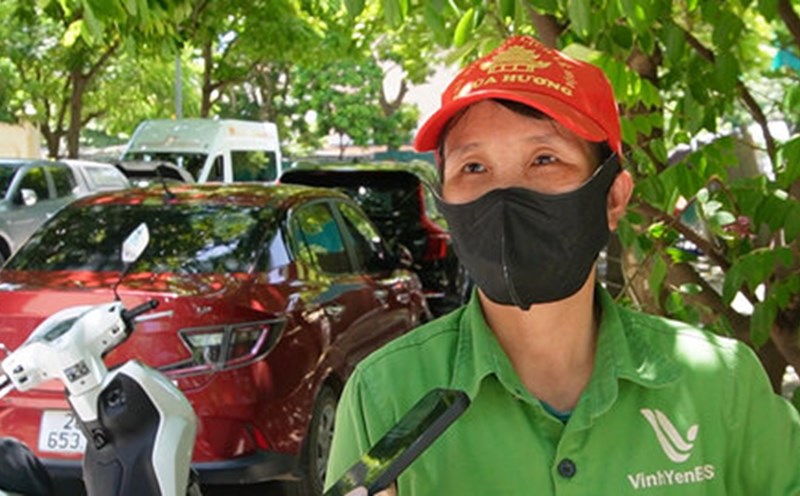A friend once said that his son - a 5th grade student - during a school day was busy cleaning the classroom area, picking up trash in the bushes, and was unusually enthusiastic. When he returned home, the boy asked his father: "Doc, why don't we move again tomorrow? Why just do it today?. My friend did not answer immediately, just showed him the head and calmly thought. Perhaps, that innocent question is directly related to the inherent weakness of many movements: Exciting a session, then back to it.
We have witnessed many large launching ceremonies, with slogans covering village roads and alleys. But after the early days of excitement, the brooms were hung in the kitchen, the trash bins were empty of sorting and people returned to the habit of secretly throwing away nylon bags late at night. If environmental sanitation only stops on a Saturday morning, the capital will not be able to "green - clean - beautiful - civilized - modern" as the goal that Hanoi persistently pursues.
Therefore, the happiest thing is not only the scale of this campaign with the participation of city leaders and tens of thousands of people in 126 communes and wards, but also the message conveyed: Environmental protection must become a part of daily life - from the small habits of each citizen.
From movements such as "Green Sunday", "Road with Flowers", "No Garbage Residential Group", Hanoi has proven that green values can be spread from the community to policies. Keeping the environment clean is not difficult. The difficulty is to maintain perseverance. Like exercise: One early wake-up won't make you healthy and one cleanup won't make you a livable city. The cleanest roads are the roads that are swept every morning, the most orderly sidewalks are where people are aware of their every step.
The city can mobilize the entire political system, can launch tens of thousands of participants. But if each household still finds it convenient to throw garbage into the sewers, if each child is not taught from a young age how to classify garbage, if adults still secretly dump garbage into the river, all those efforts will pass like bags of garbage that no one is sad about collecting.
A clean living environment is not only for beauty. It is a place where children can breathe the fresh air, where the elderly can walk without worrying about potholes, where tourists are amazed by a cool, friendly, and disciplined green Hanoi. That is the practical right of every citizen of the Capital.
But benefits must come with responsibilities. And responsibility must be associated with specificity. If each residential group has a self-managed women's group to clean, a Zalo group to remind about the cleaning schedule, if each neighborhood officer is assigned to monitor each route, each garbage dump... then it is the attachment that "is both accepting and in accordance with the mechanism" that creates a proud living environment.
As long as each person takes such a small action every day, this city will no longer need to organize large-scale campaigns - because everywhere is clean, beautiful, and civilized.











